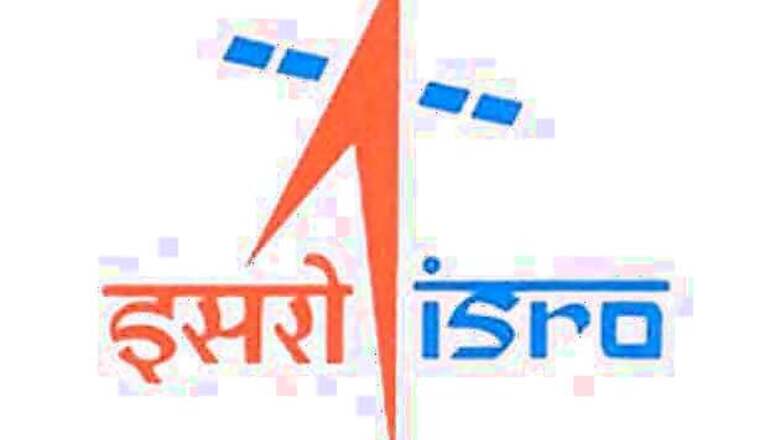
views
New Delhi; The Indian Space Research Organisation (ISRO) which conducts sensitive aerial surveys and large-scale mapping services to confront the natural disasters like drought and flood has been forced to depend on ageing survey aircraft and obsolete satellites which has greatly undermined their efficiency. And the acute shortage of pilots has compounded the space agency’s woes. In fact,the ISRO’s snag-ridden Super King Air B-200 aircraft, used for the remote-sensing missions, is being run with the help of the three pilots loaned from the IAF.
It is the job of the National Remote Sensing Centre, which comes under the ISRO, to gather data for the various ministries to chalk out plans to manage the country’s natural resources. Based on such data, the Union Agriculture Ministry takes a decision on wheat prices, rice for import, export and transportation much before the harvesting. It is also responsible for sensitive aerial survey and large-scale mapping services for civilian use.
Ironically, the NRSC is the only civilian government entity that ‘offers’ complete geometrics solutions to various ministries, but operates only 4 to 6 months in a year. It is learnt that the Secretary, Department of Space, K Radhakrishnan had briefed the sub-committee of the Parliament Accounts Committee (PAC) headed by senior Congress leader Girija Vyas, which was examining problems within the ISRO regarding the unavailability of the pilots.
Sources said the NRSC was not getting flyers from the market and they were forced to enter into a temporary agreement with the IAF so that the planes are kept air borne. The non-availability of the aircraft has already delayed 12 aerial projects of the NRSC costing `45.85 crore. The two Beechcraft equipped with Navigation aids, light detection and range sensors and digital cameras were bought in the early nineties and in 2000.
“The subcommittee has asked the Department of Space to devise attractive pay packages at par with the private sector for pilots. It has also asked the DOS for a tie-up with aviation academies and institutes in the country to recruit young pilots who can be absorbed by NRSC after training is over,” they said. Sources said there is hardly any agency in the country that provides spare parts for old aircraft. The DoS had conveyed the matter to the PAC subcommittee. And the Parliamentary panel had submitted the draft report on the functioning of the NRSC. It has asked the DoS to explore the avenues for replacing the ageing aircraft with the latest planes. Besides, the NRSC is using obsolete remote-sensing satellites to gather sensitive data for efficient management of natural resources in agriculture, water resources and urban development.
The subcommittee draft report slammed NRSC for using outdated satellites instead of focusing on capturing accurate and effective data. The Centre has been criticised as the satellites’ operation failed to earn any significant revenue because of the poor quality of output. The agency was supposed to sell data and imagery collected through these satellites to corporate and public sector clients. Till 2011, it had spent `1468 crore; however, operational returns were only Rs 134 crore. The DOS admitted that it could not market the data in the international market at par with the US’ NASA, as the resolution of its images was of poor quality.
Surprisingly, in its reply to the PAC subcommittee, the DoS subsequently refuted any losses and said such services are created by the government for the public cause and not for generating revenues. It has been learnt that the NRSC also failed to utilise 53 to 95 per cent of the data collected by the satellites.



















Comments
0 comment